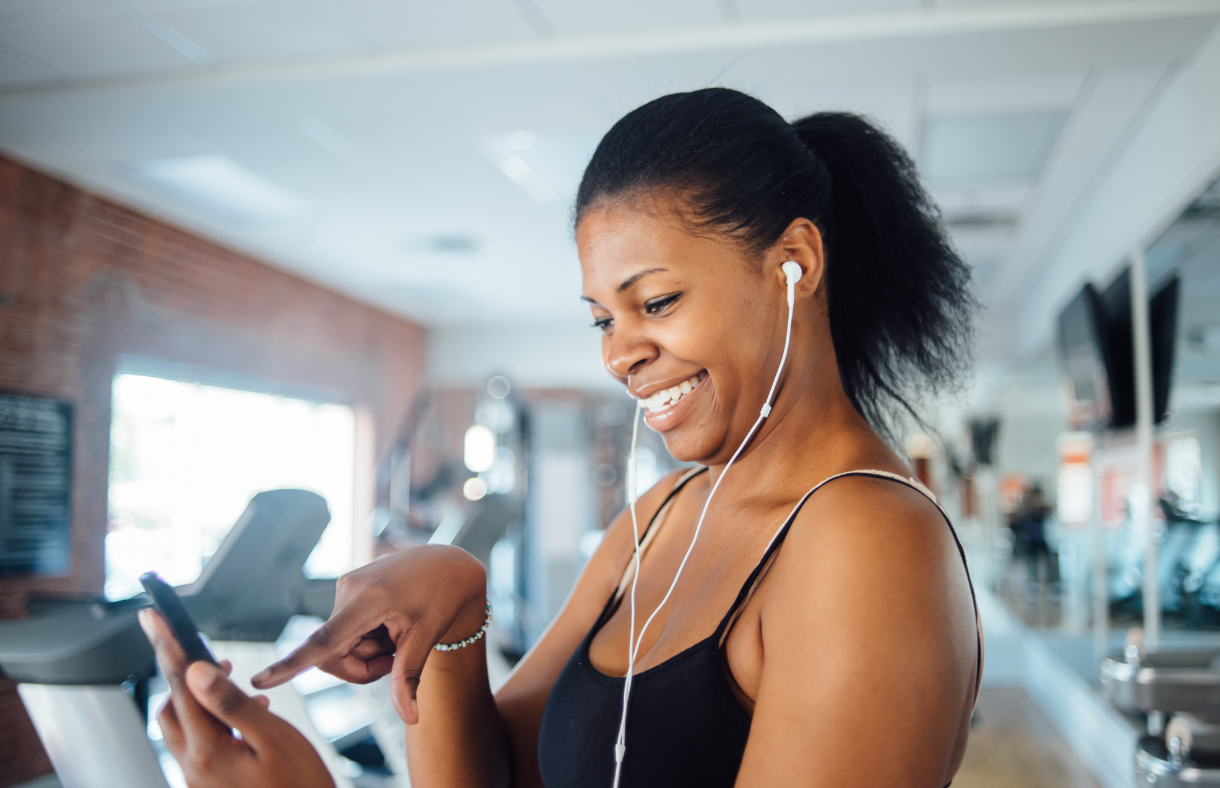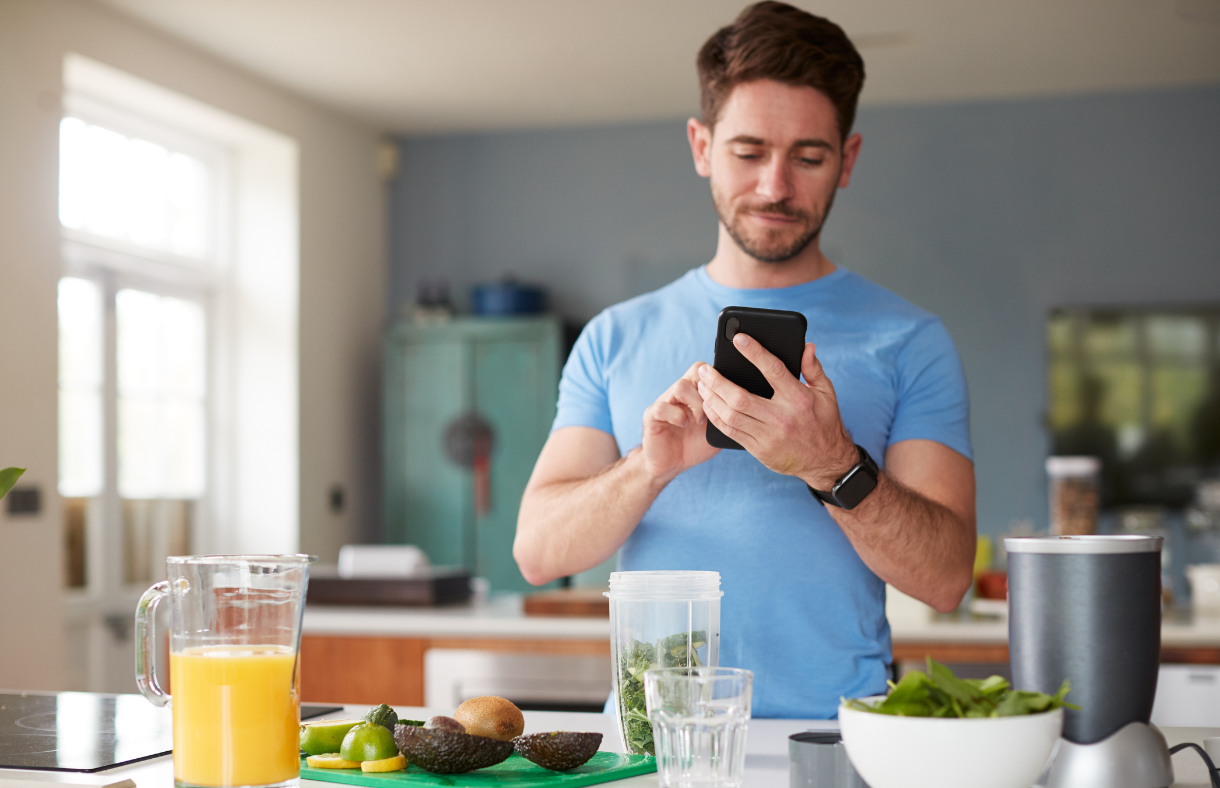As with physical health, daily habits have an impact on mental health. Your mental and physical health are probably less than they could be, if you regularly:
- Eat a diet heavy in fried and commercially processed foods.
- Drink more than one or two daily servings of caffeinated or alcoholic beverages.
- Spend most of your waking hours sitting down—or, if you have a disability that precludes standing, neglect alternate physical-activity options.
- Try to get by on less than seven hours of sleep.
- Fret about the imperfections of the present or the “what ifs” of the future.
- Overload your to-do list and keep telling yourself you “have to” finish everything.
- Put off doing anything toward your real dreams and goals.
- Live an “all work and no play” lifestyle.
The main problem is that people are prone to choosing the urgent over the important, even when they know better. We wind up Mental Health Awareness Month 2023 with a look at apps that focus on life priorities.

Find Your Best Priority-Focused App
Our BridgingApps database includes app recommendations for Productivity, Scheduling, Caregiving, Social Networking, and General Leisure, among others. (The full topics list is under “Categories” in the left-hand column of our Search Tool page.) Here’s a sampler of options favored by our reviewers.
- Awesome Calendar Lite not only organizes appointments and to-do lists, but has space for photos and location/weather tracking.
- Bills Organizer & Reminder takes stress out of keeping up with expenses.
- Choiceworks Calendar is among the best tools for teaching schedule organization to children.
- Cognitopia is a suite of self-management tools for users with cognitive challenges.
- HabitMinder helps users keep up with healthy-habits goals.
- Moovlite helps users with pain-related disabilities create personalized fitness routines.
- myFICO tracks credit scores and provides information useful in setting financial goals.
- Ritual focuses on the spiritual aspects of self-care.
- #SelfCare is a fun interactive database for exploring relaxing activities, including ideas that easily transfer to the three-dimensional world.
- STOPP helps put a brake on unhealthy impulses.
- Tile syncs with miniature trackers to reduce time spent hunting for misplaced items.
- Todoist is a customizable organization app with a project-folders feature.
- VestLife saves caregiver time and stress by keeping important information organized.

Another database to search for your best assistive app is MINDapps, developed by the Division of Digital Psychiatry at Harvard Medical School. “We recognize that maintaining a routine is a pivotal part of mental health and well-being,” says Noy Alon, Clinical Research Assistant. “We have apps that simulate to-do lists and track habits, under the MindApps ‘productivity’ filter [left-hand side of MINDapps page, Search Filters–Features–Productivity].”
A couple of important points to remember, with any search engine or database:
- Be specific. Don’t just search for “organizer app”: look for features that match your individual needs and preferred methods of use. If possible, test-drive apps before downloading them—and definitely before committing to a paid subscription.
- Don’t, however, spend all day/week/month looking for a 100 percent perfect fit: that just creates another time suck. Pick one or two apps that appeal to you, and try using them daily for two or three weeks. If they aren’t working out, it’s simple to delete them and go on to explore other options. Somewhere out there is an ideal prioritizing app for you!

